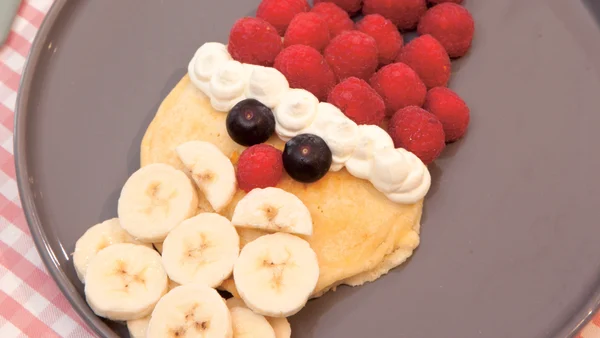In the compact office of Creative Bee studio in Banjara Hills, Hyderabad, are samples of lifestyle accessories such as pen stands, coasters, table mats, baskets and lampshades made of water hyacinth fibre, priced between ₹300 and ₹5,000. Some of the sturdy baskets and lampshades are at least a decade old. Bina and Keshav Rao, founders of the organisation, which is reputed in the handloom and craft sector, have helmed skills training projects. After training women in two villages in Tuticorin, Tamil Nadu, in 2022, Keshav recently conducted a survey of three villages in Bihar for a similar project; he also hopes to train women in Hyderabad and in the nearby districts of Telangana.
The couple points out that water hyacinth, the weed that grows wild on water bodies, can be harnessed to provide a source of livelihood to people trained to make lifestyle accessories. “If the products meet quality control as per international standards, there is huge potential. Stores such as Walmart and Ikea look to source products made with natural fibres,” Bina explains.

Snapshots from the training programme and some of the products | Photo Credit: Special Correspondent
Creative Bee has been part of UN-aided craft training projects in India and Southeast Asia in the past. Going by its track record and learning about some of the products available in Thailand, the Collector’s office in Tuticorin and Tamil Nadu State Rural Livelihood Mission invited them for a training project.
Following a preliminary survey of the water bodies near Tuticorin, a programme began in Authoor and Kottakurichi villages in January 2022. Women from self-help groups, many of them wives of farmers in the nearby banana plantations, took part in the training. “Initially it was a small group. As word spread, more women came forward and were provided a stipend. We trained 60 women,” says Bina.
Training for precision
Keshav had designed tool kits to help slit the water hyacinth stems, weave and pleat them. Product prototypes were designed with the help of alumni from the National Institute of Design, Ahmedabad. He explains that the first few days are normally spent in thoroughly washing the fibres to prevent fungus formation. The fibres are then sorted according to thickness and length and dried on tiled rooftops. “This takes about five or six days in summer and longer in other seasons. Once completely dry, the fibres are trimmed to the required thickness.”

Keshav and Bina Rao show prototypes of lifestyle accessories made with water hyacinth fibres | Photo Credit: Nagara Gopal
The pleating of fibres into baskets and other products is a skill perfected through practice. It takes six weeks to learn basic pleating techniques. Keshav says there is often a misconception that a training programme of a fortnight or a month would suffice. He shows a few baskets that reflect the amateurish handwork with irregularities in pleating. In contrast, the pleating and finish of the products made by artisans who have trained for a few months, stand out as premium products. “At least six months of training is essential to achieve stringent quality control and uniformity for bulk corporate orders and for national and international lifestyle stores. We also identify the skill sets and delegate the task. One might be good at trimming the fibres while another might be good at pleating or ensuring a smooth finish of the product, and so on.”
Baskets and desk accessories are only one part of the product line. Keshav and Bina point out that there is scope to design furniture as well.
“The Tuticorin project extended to eight months since normalcy was just being restored post lockdowns. The women had learnt to make good quality products,” says Bina. Towards the end of the project, Ramesh Flowers, a company that exports dry flowers and other lifestyle products for an international company, helped facilitate a bulk order of water hyacinth products. The project is still underway in Tuticorin, says the couple, and adds that their involvement was only with the training programme.
Bina and Keshav hope to train more people in the craft. A survey of water bodies in Bihar has helped Keshav identify three villages — Samsa, Kaidarabad and Rajlakhanpur. “At the moment, we have a few artisans in Tuticorin who can be trainees and impart these skills to others in Bihar. We hope to impart the skills to a few women in Hyderabad and the surrounding regions in Telangana as well,” says Keshav.
Published - October 16, 2024 03:50 pm IST



